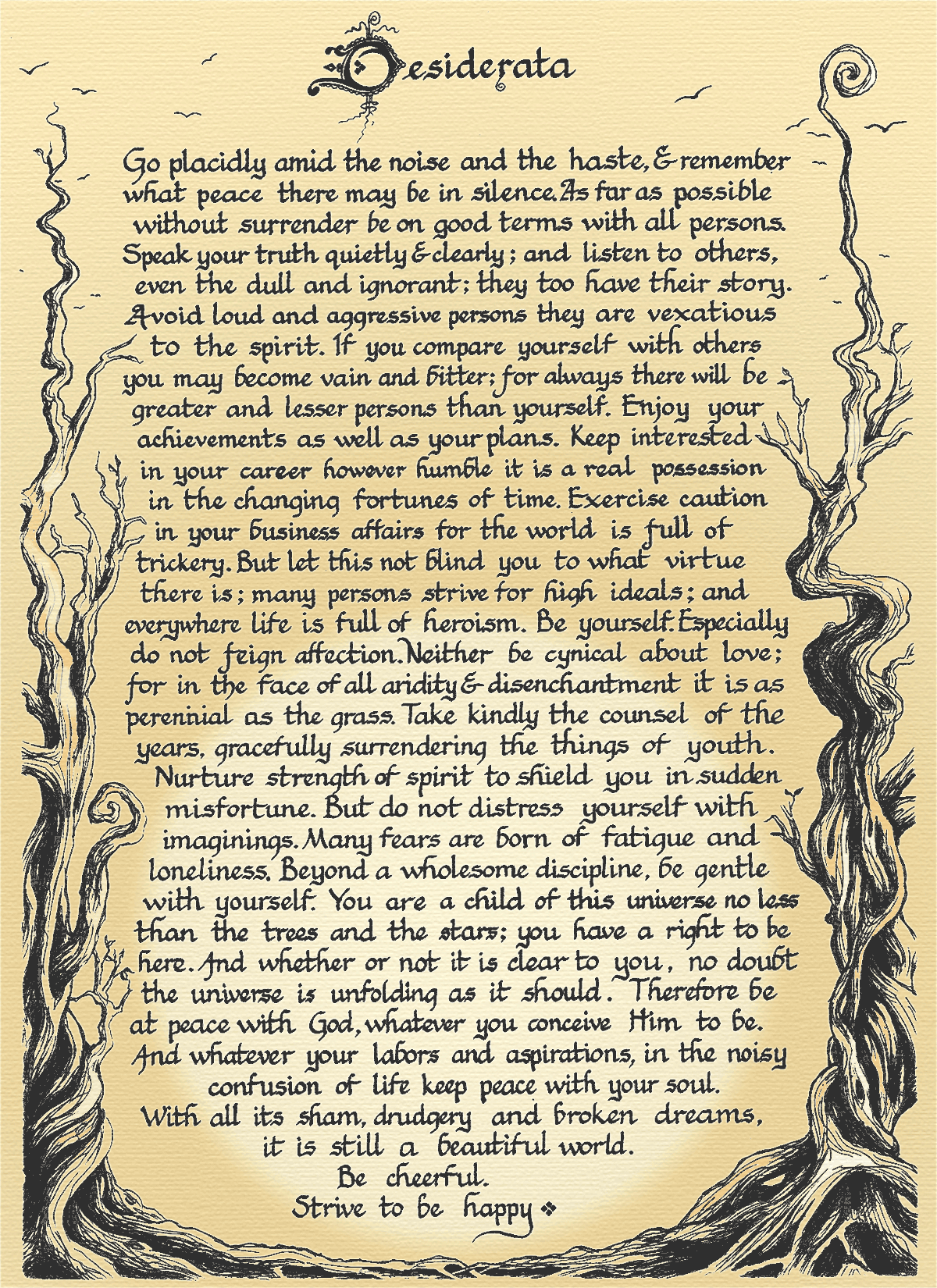|
|
 |
|

What's mental health? (And how can anyone get more of it?)
Sandra Kleven, LCSW

|

|
| Click pic for more info on professional credentials |
Very recently
"Behavioral Health" became the term used most places where "Mental Health" was used in the past.
The Alaska State Division of Mental Health is now the Division of Behavioral Health. The local Mental Health Center
is now the Behavioral Health Center. Those who help children and families now help them with Behavioral Health problems.
The main reason this occurred is because those in the state and federal governments, who run both
mental health and substance abuse programs wanted to combine the departments. Behavioral Health was the term chosen that
they believed would encompass both addictions and mental health issues.
Changes in terminology
occur from time to time. Long ago, Mental Health was called Mental Hygiene? Do you have any idea what that meant?
Today we will talk about increasing our mental health, not in terms of the mental health system, but personally, at
home and at work, as we once again make our way to the end of a long, cold, dark, and very challenging winter here in our
Alaska home. Let's talk together and figure out what we can do to have good mental health.
~~~ Sandy Kleven, LCSW, Mental Health Consultant
Email Sandy Kleven
|
Let's start with a look
at some common mental and emotional conditions:
What do we mean when we
say we "got up on the wrong side of the bed?"
What is a bad mood? What causes a bad mood?
What is "a chip on
your shoulder?" or "having an ax to grind?"

|
How about someone who is stuck doing the same thing over and over?
Or saying the same thing over and over?
Have you ever had a family member or friend who always said the opposite
of whatever you said?
Do you know someone who eats when they are feeling sad or stressed?

|
Have you ever known someone who tried to make friends by always agreeing with others and
by giving them things?
Have you known someone who was out of touch with the real world?
How about somebody who had fears of things that were not real?
Have you known
somebody who heard things that no one else heard?

|
|
What do we mean when we say he
or she "is living in the past?"
Someone you have to "walk on eggshells" around?
|
Do you know someone who gets really
mad if you criticize them?
Someone who constantly complains about other people or how bad the world
is?

|
Have you known someone who has to be in charge, where everything has to be their way?
What
do we call it when someone always sees trouble ahead?
|
Are these conditions permanent?
Are some of these people hard to live with?
Can they change?
Are any of these people mentally ill?

|
Have you been in any of these states of mind, ever?
What did you do about it?

|
When your mental health is good, you are less likely
to get stuck in one of these "ruts."

|
One path to
good mental heath is:
Living a balanced life // Mental, Physical,
Emotional, Spiritual
|
|
| Click on picture for larger version |
|
Give and take. Work and play.
Come and go. Laugh and cry. (Everything in moderation including moderation!)
Other elements include:
Acceptance of reality. Tolerance of uncertainty. Sharing of power and control. Compassion for others.
Ability to solve problems. |
Yin
Yang - Chinese symbol for balance
| Click for more about the Symbol |

|
Resilience is another aspect of
mental health. Why do some people develop PTSD (post-traumatic stress disorder) after a trauma and others remain
symptom free?
Click here for more about resilience.
|

First rule: The only person you can change is yourself.
Second rule:
When you make changes in your behavior, mood, reactions, and what you say, by some miracle, other people seem to change --
sometimes in the way you were wishing they would change.
Third rule: "HALT" Don't get too HUNGRY, ANGRY,
LONELY, OR TIRED. (Try not to, anyway.)

| Click for large version -- |

|
| Desiderata - (an old inspiring text) |
"Many fears are born of fatigue and
loneliness..."
Round Up: Forum for Families (Articles from the Delta Discovery by Sandra L Kleven, LCSW
When Kids Won't Listen
Make It Happen
Scaffolding for Success
Children and Grief
Other Links to Good Mental Health:

MAKE BETTER DECISIONS
Click here
1) Consider ALL the options. 2) Sleep on it. 3) Narrow your options. 4) List advantages
and disadvantages. 5) Sleep on it again.
According to the authors, this method draws on
the wisdom of your conscious and unconscious mind.
Social and Emotional Learning for Children (printable handouts) A Great Site!!
A Few title from the web page, above:
Helping Children Understand Routines and Classroom Schedules
by M. M. Ostrosky, E. Y. Jung, M. L. Hemmeter, D. Thomas
Using Choice and Preference to Promote
Improved Behavior
by G. Dunlap, D. Liso
Acknowledging Children's
Positive Behaviors
by M. Timm and S. Doubet
|

More about the four categories:
Physical, mental, emotional and physical. A life that's balanced in these categories will achieve greater mental
and emotional health. Two other important categories for mental health are communication, stress management and
the environment
Below we will consider
each category. Then, we will look at five steps you can take to get more balance in your life.

|
 |
Physical Enjoys a variety of foods. Mealtime is a happy and peaceful time. Gets exercise through an active lifestyle or through planned activities. 200 minutes a week is a good target for exercise. Learns new physical things. Sleeps well most of the time. Has good
leisure, hobbies, time with friends.
Does not cultivate bad habits and tries to end any habits bad for health.
Is not a couch potato. Doesn't say "I can't do that," very often.
Ways to improve --
take walks, trade massage with your partner, laugh -- tell some jokes, put on some music and dance, add more fruits and vegetables
to meals, eat traditional foods, break a dab habit.

Emotional Understands that all feelings are okay but some expressions of emotion
are not okay. Is able to express feelings and
give a name to most of them. Understands that feelings
come and go like weather. Is open to the feelings
of others and can validate or acknowledge the feelings of others. Understands that emotions can get out of hand when a person is stressed or tired. Knows to take a time out when stressed or to do something else that will reduce stress.
Does
not let anger get out of control. No name calling. No threats. Not violent. Does not deal with feeling by turning to food, alcohol, drugs, or other self-destructive acts.
Ways
to improve: Don't bury feelings. Try journaling to know yourself better. When you feel bad, let yourself cry but don't
feel bad because you cried. Talk to someone you trust when you have problems. Remember that bad feelings do pass.

Spiritual Has connection with spiritual tradition. Takes time to reflect and connect with personal sense of purpose, higher power, and the meaning of things. Takes time for prayer, meditation, and traditional rituals and commorations. Looks in faith for answers.
Does not impose
beliefs on other people. Respects diversity. Understands that the universe is too big for anyone to have all the answers.
Ways
to improve: Pray, meditate, carry out rituals of your faith, talk to your pastor or church elders about spiritual matters,
see what you do as acts of faith and caring, be kind and giving to those who have less. Hold back harsh words. Find a time
for silence.

Mental Has respect for learning Sets goals. Flexible Curious
Not rigid, judgmental, close minded,
always right, bossy or controlling.
Ways to improve: Consider alternatives, learn something new -- even a recipe,
hold back judgment by reminding yourself that you don't know the whole story, let someone else make a final decision, memorize
a poem or song, be a volunteer in the classroom or elsewhere.

Above
we promised to give you five steps -- but maybe you know best --
What are five things you can do for better mental health? Are these five things you want to do? Are these five
things you will do?
Five things you can do:
Guided imagery to close or reading Desiderata...
if time allows.
|
 |
 |
 |
|
 |
 |
 |
|
|
 |
|


Holding Our
Own Sandra L Kleven, LCSW 3978 Defiance Street Anchorage, Alaska 99504 907 332 6735
|
|
|
 |

